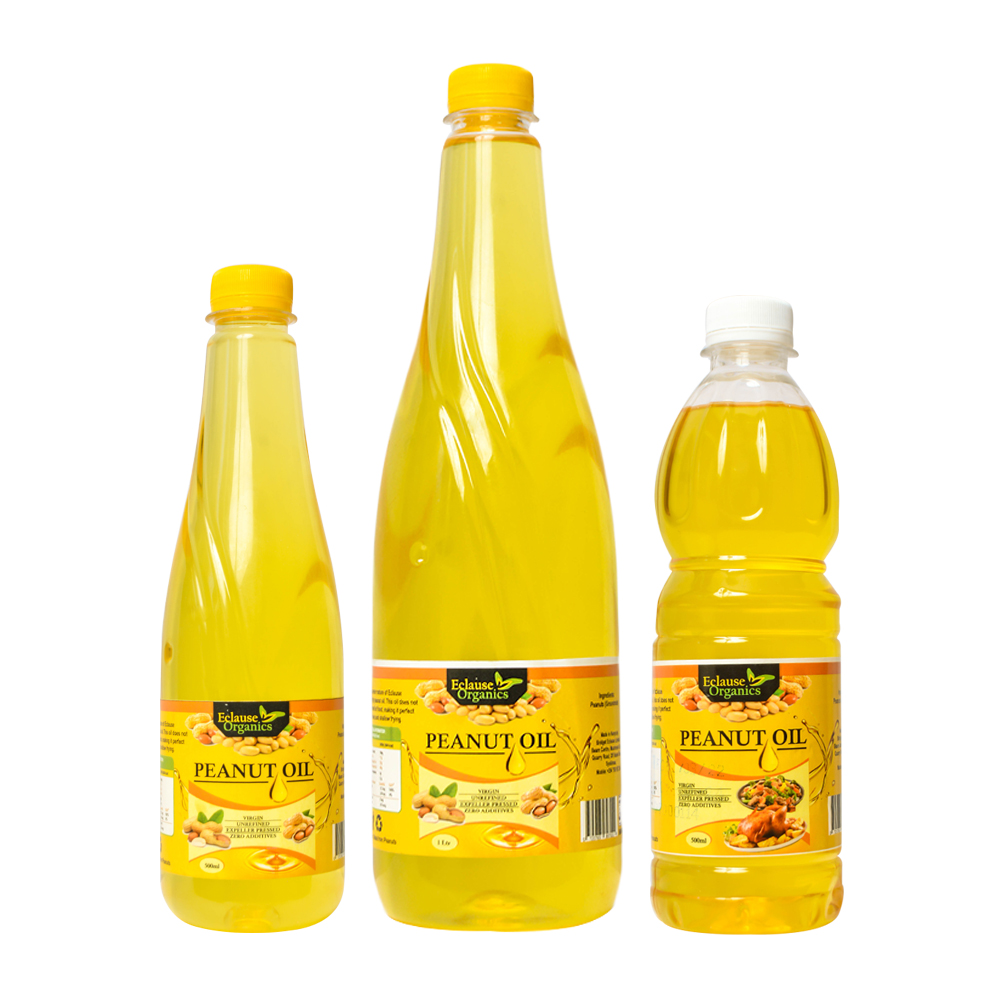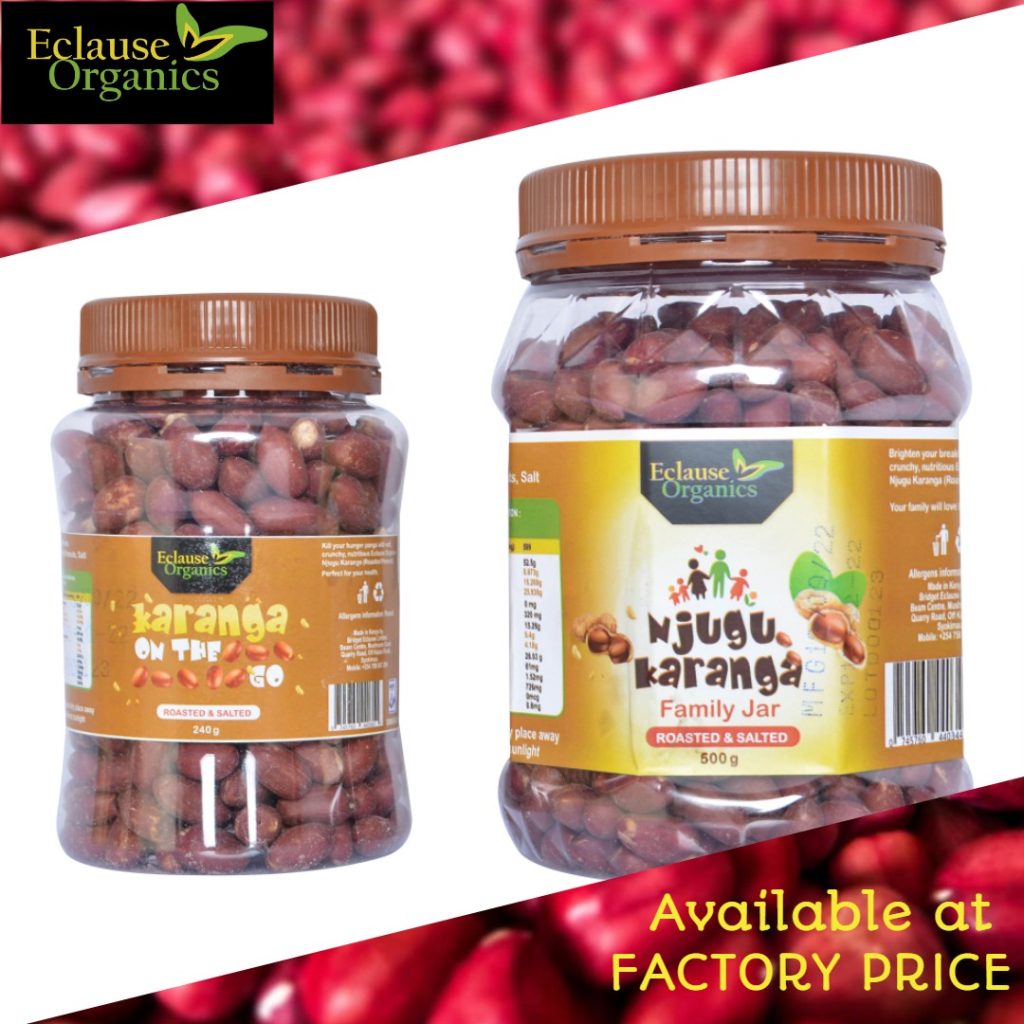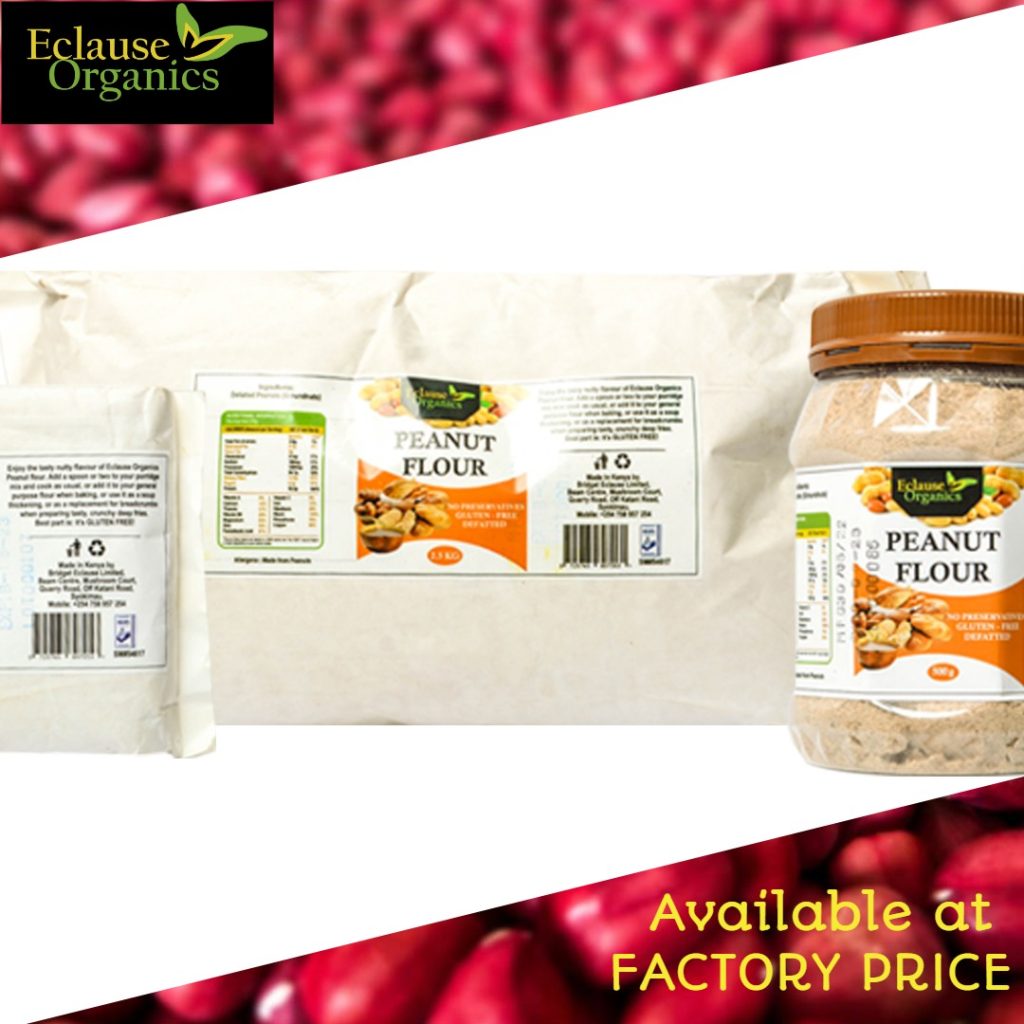Introduction
Peanut oil, also known as groundnut oil, is a versatile cooking oil derived from peanuts. Beyond its culinary applications, peanut oil boasts a range of health benefits and is utilized in various industries. In this article, we will explore the nutritional profile, health benefits, types, and common uses of peanut oil.
Nutritional Profile of Peanut Oil
Peanut oil is a rich source of monounsaturated and polyunsaturated fats, which are considered heart-healthy fats. It is also abundant in vitamin E, an essential antioxidant that helps protect cells from damage.
Health Benefits
Heart Health
The monounsaturated fats in peanut oil can help reduce bad cholesterol levels, thus promoting heart health. Regular consumption, as part of a balanced diet, may contribute to a healthier cardiovascular system.
Antioxidant Properties
The high content of vitamin E in peanut oil provides potent antioxidant properties. These antioxidants combat free radicals, helping to prevent cellular damage and reduce the risk of chronic diseases.
Skin Health
Peanut oil’s emollient properties make it an excellent choice for skin care. It effectively locks in moisture, making it a popular ingredient in various skincare products.
Vitamin E Content
Vitamin E, a vital nutrient found in peanut oil, plays a crucial role in maintaining healthy skin, eyes, and immune function. Its presence in peanut oil adds to its nutritional value.
Cholesterol Levels
The phytosterols present in peanut oil compete with cholesterol absorption, thereby aiding in maintaining healthy cholesterol levels in the body.
Types of Peanut Oil
There are several types of peanut oil available in the market, each with its unique properties and applications.
Refined Peanut Oil
Refined peanut oil undergoes a thorough filtration process to remove impurities and allergens. It has a neutral flavor and a high smoke point, making it suitable for deep-frying and high-heat cooking methods.
Cold-Pressed Peanut Oil
Cold-pressed peanut oil is extracted through a mechanical pressing process without the use of heat. This method helps retain the oil’s natural flavor and nutrients, making it ideal for dressings and light sautéing.
Expeller-Pressed Peanut Oil
Similar to cold-pressed, expeller-pressed peanut oil is extracted using mechanical pressure. It maintains a higher smoke point than cold-pressed, making it suitable for stir-frying and moderate-heat cooking.
Culinary Uses
Peanut oil’s mild flavor and high smoke point make it a popular choice in various culinary applications.
Frying
Due to its high smoke point, peanut oil is excellent for deep-frying. It imparts a pleasant nutty flavor to fried foods without overpowering the taste.
Baking
In baking, peanut oil can be used as a substitute for butter or other oils. It lends a moist texture to baked goods and complements the flavors of nuts and chocolate.
Salad Dressings
The light, nutty flavor of peanut oil makes it a delightful addition to homemade salad dressings. It enhances the taste while providing a dose of healthy fats.
Stir-Frying
For quick and flavorful stir-fries, peanut oil’s high smoke point and subtle taste make it an ideal choice. It allows ingredients to cook evenly without compromising their texture.
Beauty and Skin Care
Beyond the kitchen, peanut oil finds applications in beauty and skincare routines.
Moisturizing Properties
Peanut oil’s emollient nature makes it an excellent natural moisturizer. It penetrates the skin, leaving it soft, supple, and well-hydrated.
Hair Care
When applied to the hair, peanut oil nourishes the scalp, promotes hair growth, and adds shine. It is a common ingredient in hair masks and treatments.
Massage Oil
Due to its smooth texture and skin-friendly properties, peanut oil is frequently used in massage therapy. It provides a relaxing experience while benefiting the skin.
Allergies and Considerations
Individuals with peanut allergies should exercise caution when using peanut oil. While highly refined versions may be safe for some, it’s crucial to consult with a healthcare professional if there are concerns.
Storing Peanut Oil
To maintain its freshness and quality, store peanut oil in a cool, dark place away from heat and light sources. Sealed containers help prevent oxidation and maintain its shelf life.
Conclusion
Peanut oil stands as a versatile and beneficial addition to both the kitchen and personal care routines. Its rich nutritional profile, combined with its culinary and skincare applications, makes it a valuable asset in any household.
Frequently Asked Questions
- Is peanut oil suitable for individuals with nut allergies?While peanut oil is derived from peanuts, highly refined versions are generally considered safe for those with nut allergies. However, it’s essential to consult with a healthcare professional if you have concerns.
- Can peanut oil be used for high-heat cooking methods?Yes, refined peanut oil, with its high smoke point, is excellent for deep-frying and other high-heat cooking techniques.
- How does peanut oil benefit skin health?Peanut oil’s emollient properties lock in moisture, making it an effective natural moisturizer for the skin.
- Are there any potential side effects of using peanut oil on the skin?While allergic reactions are possible for individuals with peanut allergies, when used topically, peanut oil is generally well-tolerated. However, it’s advisable to do a patch test before widespread use.
- Can peanut oil be used as a massage oil?Yes, thanks to its smooth texture and skin-friendly properties, peanut oil is commonly used in massage therapy for a relaxing and nourishing experience.


